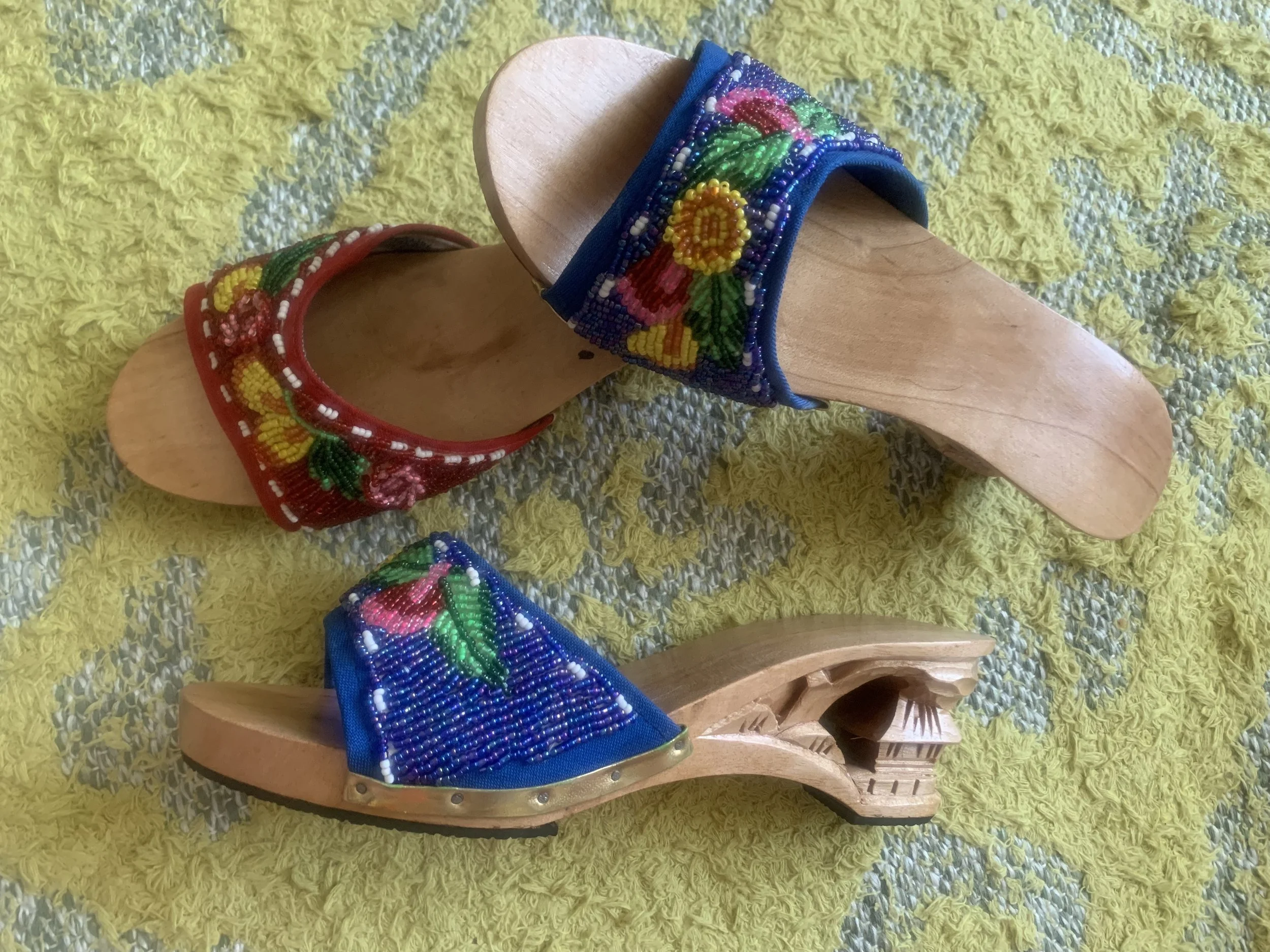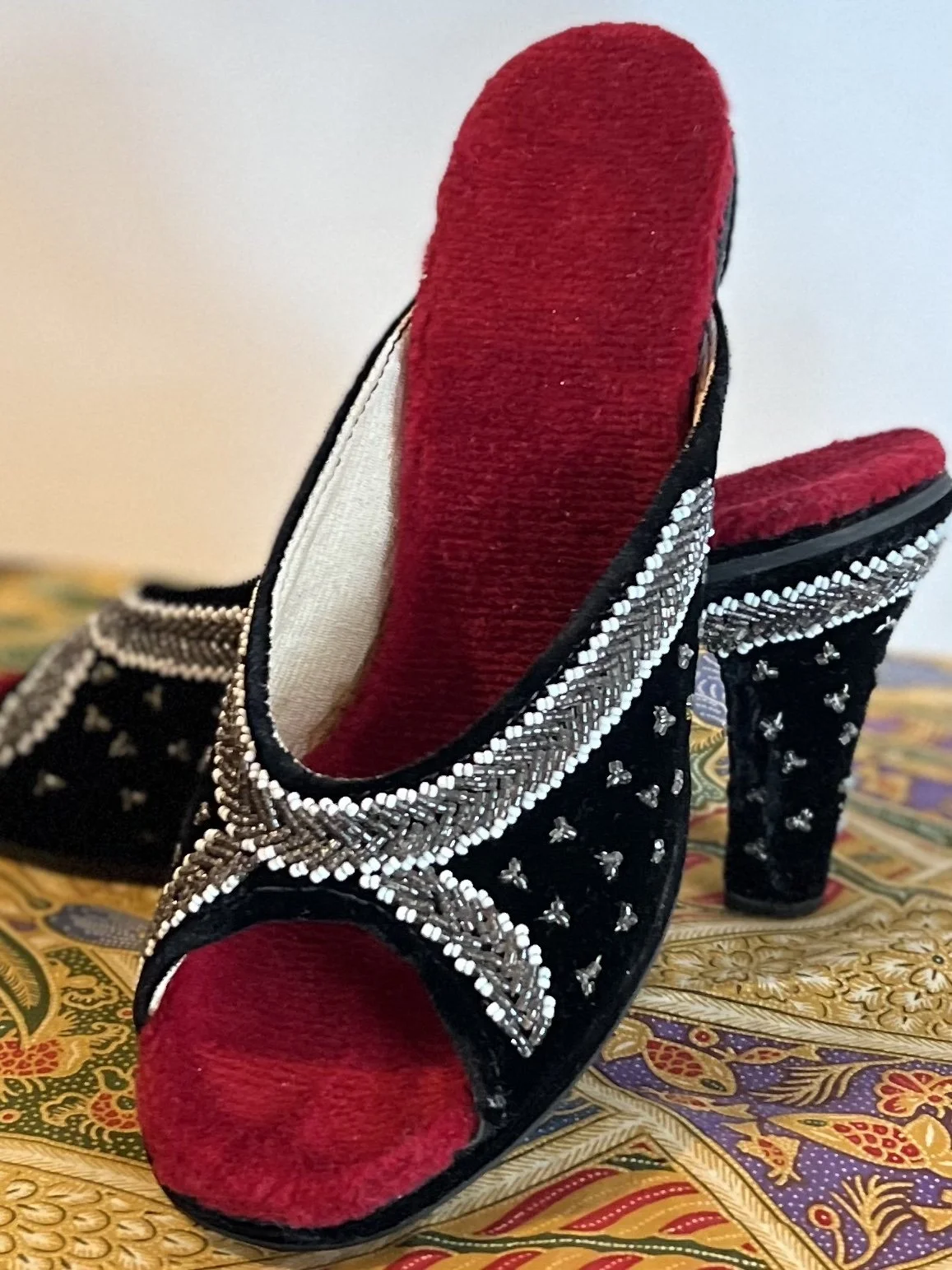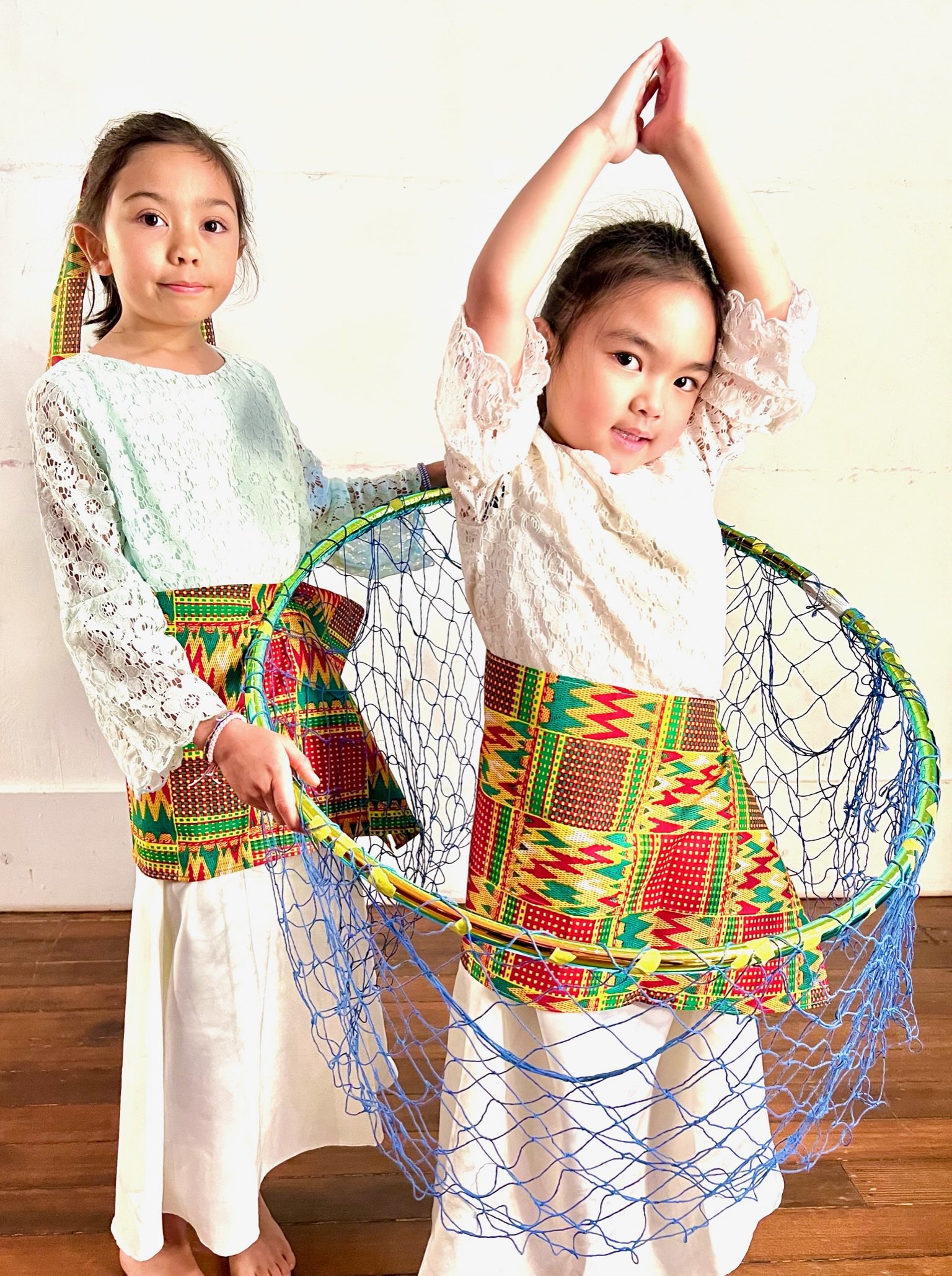The Gifts of Community Cultivation (Part 1)
by Aimee Amparo
Itik Itik Pateros Kids, Herna bottom right 1984
Growing up in a Pilipinx community that shared cultural knowledge & values was what inspired Agos’ founder and KULARTS Executive Director Herna Cruz-Louie to create the organization formerly known as ACPA (American Center for Philippine Arts). Driven by the desire to feel a connection to their community and the preservation of tradition, her parents were founding members of an association in Paradise Hills of San Diego, California which had two other chapters across California.
In this association, Filipinos who came to the U.S. from Pateros, a small municipality of Metro Manila Philippines, got together to celebrate their culture and their patron saint. It’s still active to this day. Herna remembers the delight of rehearsals with the other kids in the garage while the adults of the association were inside the house praying the rosary in honor of Saint Martha. She recalls a sense of pride in these performances; the hard work spent at practice, the elaborate regalia, and the joyousness of movement. It was a sense of belonging that fortified her for challenges ahead. “Because there were so many Filipinos in Paradise Hills where we decided to settle, it just made feeling connected that much easier” Herna recounts of her upbringing.
Zenaida and Arsenio Cruz, Pateros Fiesta 1984
Herna’s mother Zenaida Cruz hailed from a family who sold vegetables and learned a variety of skills, such as sewing, as a means of survival. Her maternal family line nurtured the land with “green thumbs” and remains gifted at growing plants today. Her dad, Arsenio Cruz was a shoe maker by generational trade fabricating “bakya,” the intricately beaded and wooden-heeled alpombra slipper of which Pateros is famous for creating.
Traditional bakya
Modern-style bakya from Pateros
Like many first-generation Filipino immigrants in the U.S., it was out of necessity and survival that Herna’s dad entered into the military and offered marriage to support Herna’s mom and eventually start a family. The union came with the reality of having to leave their home country in pursuit of a better life. The couple came to the states when her father was stationed in the U.S., eventually landing in Washington state where Herna was born before returning to the Philippines before settling down in Paradise Hills of San Diego, CA in the early 1980’s.
First Pateros Town Fiesta, San Diego 1984
Life in this strange land was difficult and Zenaida ached for the familiarity of the Philippines. Herna wonders if a part of the reason her mom prioritized the language, culture, and community early on and so consistently was because her mom missed home so much. It was both pride and that longing for home that likely inspired Zenaida to nurture Herna and her siblings to participate in Pateros traditions. Initially, they weren’t given a choice in the matter.
Pateros Kids
“As I was growing up, I realized that I missed it when it went away,” Herna says of those early days of dance rehearsals. “They eventually stopped teaching because the cousins went away for school or were getting married. So no one was really taking it over and I remember my older sister getting recruited by her friends to come to PASACAT practice, another dance company that I eventually joined as a musician and dancer. And [my sister] loved it. Clearly [kids] start dancing because their parents are making them. But over time, you can tell they actually want to do it. I had a lot of pride performing and it was just fun.” PASACAT is a Philippine performing arts company that’s been around since May 23, 1970 in National City, CA.
Quoted on the homepage of the PASACAT website is “Love of culture is the mark of great people.” And love of culture is what provokes Herna and the Agos team to continue to do what they do: to sustain an intentional space for youth and their families focused on community and cultural-based learning.
PASACAT Dance Company, San Diego 1998
In terms of diaspora, Herna’s story is an exceptional one and the work she does now and the creation of Agos is a testament to the generative effects that growing up in cultural community spaces provide. So many of us in the diaspora can relate more to the feeling of suppression of self and fractured cultural identity and know very well the longing for connection and for others to hear our stories. I know there were many moments in my generational history when survival took precedence over nurturing of traditions. Now I confront that inheritance and all it comes with; the opportunity for growth to challenge myself, to re-learn the language, to explore the depth that Pilipiinx culture holds and the ways that depth exists within me, to accept and hold space for myself as a child of all the cultures I grew up with despite the incongruencies.
We all struggle from the consequences of an oppressive white cultural hegemony but like Herna’s early days of being surrounded by people who she could share experiences with and learn from, community helps to fortify us to that potential harm and open us up to each other.
Check back in next week for Part 2 of “The Gifts of Community Cultivation”
KULARTS’ Agos Youth Program is nearing the end of its spring session. Come out and see what we’ve been working on all season at the Agos Elements Spring Dance Recital. There will be art stations, vendors, and amazing performances!
If you want to join or get involved, sign up for the Newsletter or check back into our KULARTS Programming for updates on the fall session’s kick-off dates!








